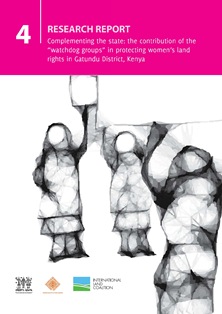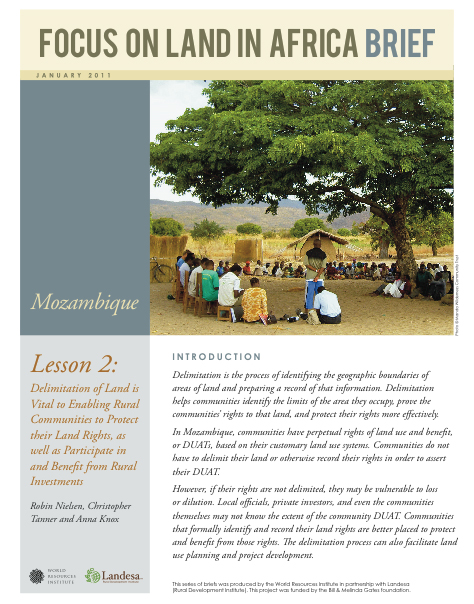Strenthening Community Based Natural Resources Governance through Local Institutions and Building Capacity of Pastoralist Communities in Garba Tula
A summary of IUCN's work with the Resource Advocacy Project and the communities of Garba Tula, in order to secure rights to resources and improve conservatin practices.





